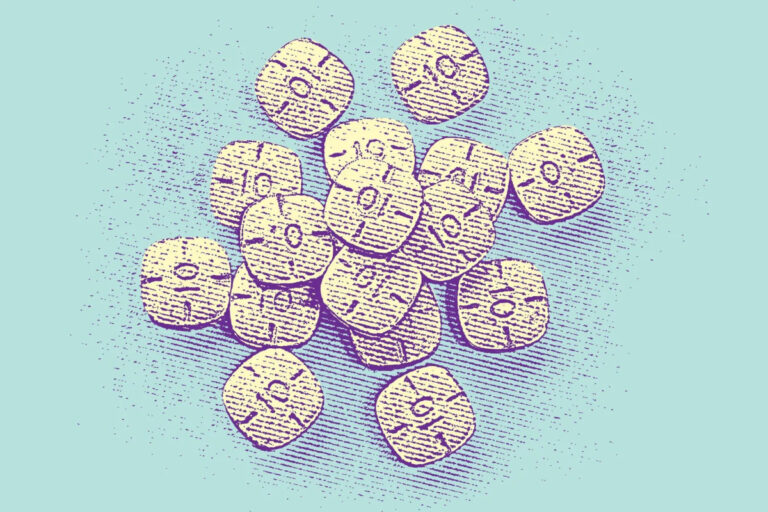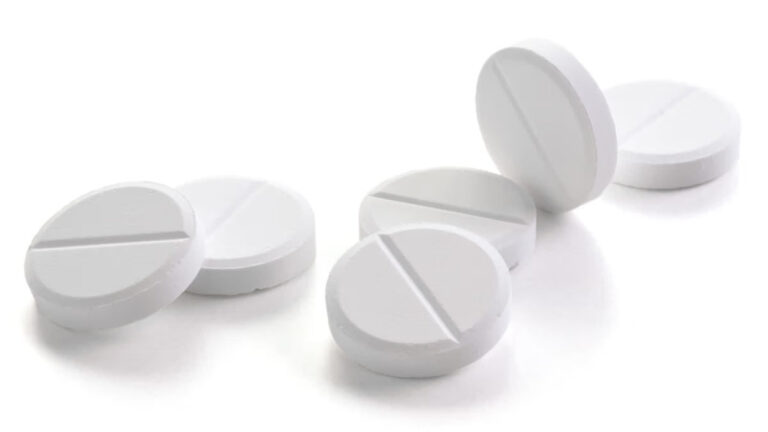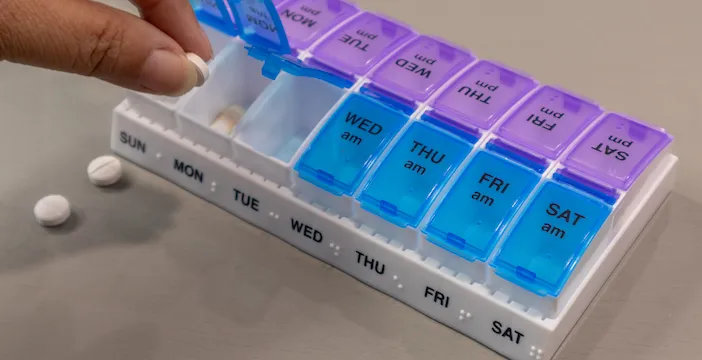Should Modafinil Be Available Over the Counter?
Modafinil, initially developed to treat sleep disorders, has evolved into one of the most widely discussed cognitive enhancers. While its medical use is well established, growing off-label usage has sparked debate over whether it should be available over the counter (OTC). Proponents argue that broader access could benefit people with fatigue or sleep-related issues who…








